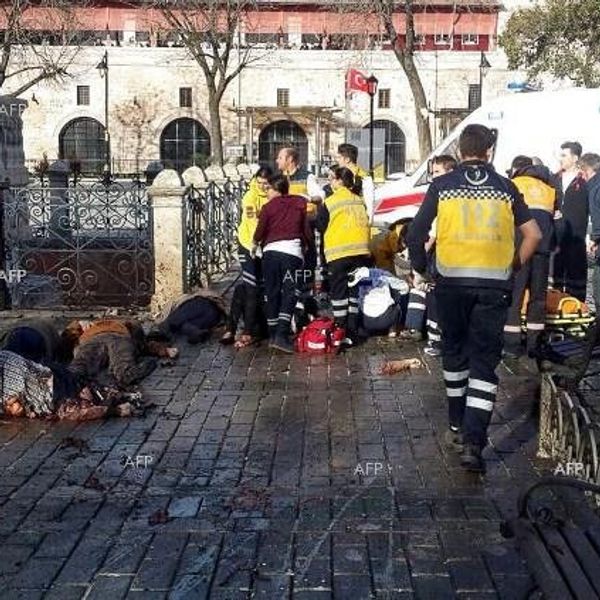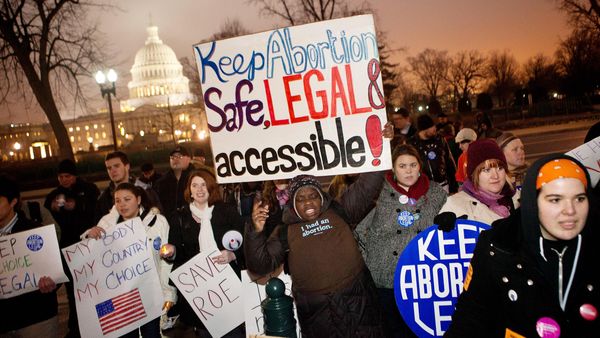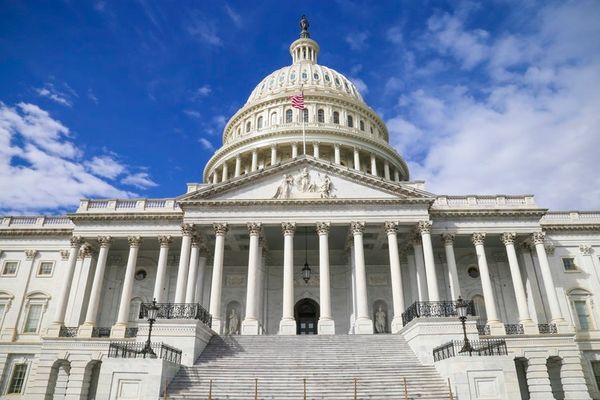We are back in Ramallah, at a meeting with the Palestinian Authority ex-minister of agriculture. We all sat in his building, around a conference table. We had some tea and watched a slideshow that he put together for us. He now worked for an organization called the Colonization and Wall Resistance Commission, which is housed in the building we were sitting in.
I will now talk about his narrative--from his perspective. You can notice that he uses language to convey his message; for example, he not only uses the term "apartheid wall," but he calls the people who live in Israeli settlements "colonizers." Again, I am here retelling his narrative, and it does not necessarily mean I agree with everything he says.
The four main goals of the CWR Commission are as follows: giving legal aid to Palestinians who have disputes with colonizers, mobilization efforts such as protests and demonstrations, documentation of all the wrongs the colonizers have done on Palestine, and steadfast support of Palestine.
An urgent issue to him is that of Palestinians struggling to stay on their land. Israeli colonizers are coming and encroaching on the land--not only that, they are booting Palestinians out of homes they have already been living in. He shows us videos of IDF soldiers destroying Palestinian houses and schools, and Palestinians working tirelessly to rebuild them, time after time. He tells us that there are many communities that use solar panels because they receive little to no electricity; the electricity they do receive is not stable. The CWRC is trying to keep Palestinians living in their own homes.
He says that according to the Oslo Accords, which happened in 1993, the Palestinian State was supposed to see the light by 1999. Well, it's now 2019 and Palestinians are still living in poverty compared to Israelis. The United Nations has made countless resolutions that are supposed to help Palestine, but none are enforced; he also points out that the US has used its veto power against the state of Palestine in Security Council decisions seventeen times, which is more times than was used against the USSR.
He shows us a map of the Israeli settlements in what is supposed to be Palestinian territory--the West Bank. It appeared to be a territory with people scattered as a result of the settlements. He used the word "colonies" to describe these settlements, and he argued that the settlements dismembered the land for Palestine. Israel is trying to disconnect the West Bank's northern half and southern half as well as separate the eastern border (near Jordan) from its western border (near Jerusalem). If this action continues, soon there will be no West Bank and no two-state solution.
He calls the system one of apartheid. The driving time from Ramallah to Hebron, two cities in the West Bank, used to be very quick before the wall was put up; it's a very short physical distance. However, since the construction of the wall, Palestinians are put at a disadvantage, even just trying to drive to see their families in another Palestinian city.
They now have to cross the wall into Jerusalem and then cross it again back into the West Bank--due to not only the wall, but also the Israeli settlements--just to get to Hebron. He said the apartheid wall contradicts the basis of human rights, and that there was a reason the one in Berlin fell eventually.
He says that if Palestinians wanted to cause harm to Israelis, a wall would not stop them. However, they are not interested in causing anymore harm; Palestinians only want peace. Fifteen years ago, when the second intifada ended, they were done with violence. They want nothing but a place to live.
He also does not see Israel as a valid state. He says that for a state to be a state, it must have set borders, a defined area, a population, and a constitution. Because of how much Israel has put illegal settlements in the West Bank, there are no set borders or defined area for the "state" of Israel. Also, Israel technically doesn't have a set constitution.
After that, he went on to describe the human rights violations Israel has done to Palestine in the past. The previous minister of justice in the Israeli Occupation Courts went around and legalized the systematic killing of Palestinian mothers because it would prevent the "delivery of future terrorists." As if blatant racism and prejudice is a reason to harm another human being!
Palestinians fear what Israel could do to Palestinians if there was one united state. Since Israel exists to serve Israelis first and everyone else becomes a second-tier citizen, there would be civil law for Israelis and military law for Palestinians living under an Israeli regime. He fears ethnic cleansing and apartheid for his people.
We are shown many proposed plans for the drawing of borders in the region. One example was the Alon Plan of 1967, where the current Palestinian territories are more broken up than they already are. Israel would occupy the entire Jordan River Valley, annex Jerusalem for themselves, and there would be more settlements in the West Bank than there is today.
In the Oslo Accords of 1993, the West Bank is split up into three areas: Area A, Area B, and Area C. Area A is Palestinian military and civil law; Area B is Palestinian civil law but Israeli military law, and Area C is Israeli law for both military and civil affairs.
Essentially, Area C is where Israeli settlements are, and Area A lands are places where Israeli citizens are not allowed to enter (such as Ramallah, Nablus, Hebron, Jericho, Bethlehem, and other large cities). Of course, there are way more nuances to this, like ambiguous areas and natural reserves, but the gist of it is that Area C (settlements, or "colonies") takes up 61% of the West Bank while Area A only takes up 17.7%.
Palestinian communities in Area C are not allowed to build schools or medical clinics for Palestinians. The videos we were shown of IDF soldiers destroying schools also showed young children being terrorized by Israeli forces. 44 schools were demolished in the West Bank in 2017, and the Palestinian right to education is seen as a threat to Israel because Israelis are scared that educated Palestinians pose danger to the security of the state.
He then talked about the Annexation wall (notice the language he uses). The international community condemns Israel for the illegal settlements inside the West Bank because they are illegal, yet Israel continues to build them. Also, rather than building the barrier on the previously agreed upon green line, Israel builds the Annexation wall inside the West Bank, which implies that they are going to further annex the land. All in all, Israel is preventing the building of a Palestinian state. There is much evidence to show this: the network of Israeli roads that breaks up the West Bank, so that the land is disconnected from each other.
In addition, it's difficult for Palestine to develop its own economy because everything they need to build it, they have to get from the Israeli minister. If a Palestinian needs fertilizer or medication--or even if he just wants to dig a well--he has to ask the state of Israel for it, so how can he grow his economy independent of Israel?
To conclude his speech, the ex-minister of agriculture reaffirmed that Israeli occupation and illegal settlements is the root to most, if not all, of the problems that Palestinians are facing--both socially and economically. There is no peace until the occupation ends.
And thus concludes me speaking solely in the perspective of his narrative. I personally empathize with the Palestinian people greatly, and it breaks my heart to see how poorly they are living in some cases. However, there were times during his presentation that I felt like we were being fed propaganda.
For example, the video of the school demolition, while heartbreaking, had some moral issues. The little girl who was beat in the video was brought intentionally to provoke pathos in the audience--and it did provoke great emotions in me. When I thought about it more, though, I couldn't help but wish she wasn't dragged into it. For that little girl, the experience must have been nothing but fear and hatred, and it only further breeds those emotions in her. Rather than having her see how hopeful, resilient, and strong her Palestinian community was for never giving up on building their school, she probably grew hatred for the IDF soldiers.
In the end, though, I do feel for the Palestinians. I feel for Israelis as well, though. I feel for any human who suffers, and naive as it sounds, I hope that they will have more hope in their hearts than hatred.
After our time with the CWRC, we went to talk to a Palestinian demographer, Dr. Khalil Shikaki. He gave us some very interesting--and hopeful--information about the Palestinian population, and I will share that information in the next chapter!
- You Don't Choose Where You're Born And You Shouldn't Be Judged ... ›
- Fighting Breaks Out Between Israel And Palestine ›
- 4 Ways To Help Fight For Justice In Palestine, It's Time To Take Action ›
- Sociolinguistics Series: Part 37 ›
- Israel-Palestine: What is the Palestinian Liberation Organization ... ›
- Palestinian Government ›
- The Palestinian Authority's Government | Council on Foreign Relations ›
- The Taming of the Palestinian Authority – Foreign Policy ›
- Palestinian Authority weighs options after Israel plays tax card ... ›
- Palestinian Authority: History and Overview ›
- Palestinian Authority | The Electronic Intifada ›
- The Palestinian Authority is in meltdown – and Israel won't escape ... ›
- Palestinian Authority | Definition, History, & Region | Britannica.com ›
- Palestinian National Authority - Wikipedia ›



















